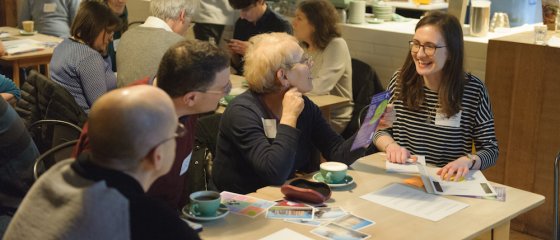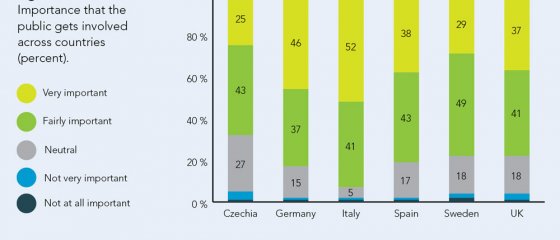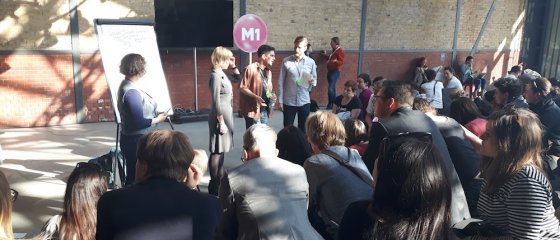Can public opinion shape the future of genome editing?
Who hasn’t heard about genome editing in the last few years? With over 10.000 PubMed entries, it is unsurprising that the scientific community and beyond are familiar with the term. The latest tool in the genome editing kit, CRISPR-Cas, allows scientists to make changes in the genetic material of a cell or an entire organism in a way that is easier, cheaper and faster than any previous genome editing technology.



